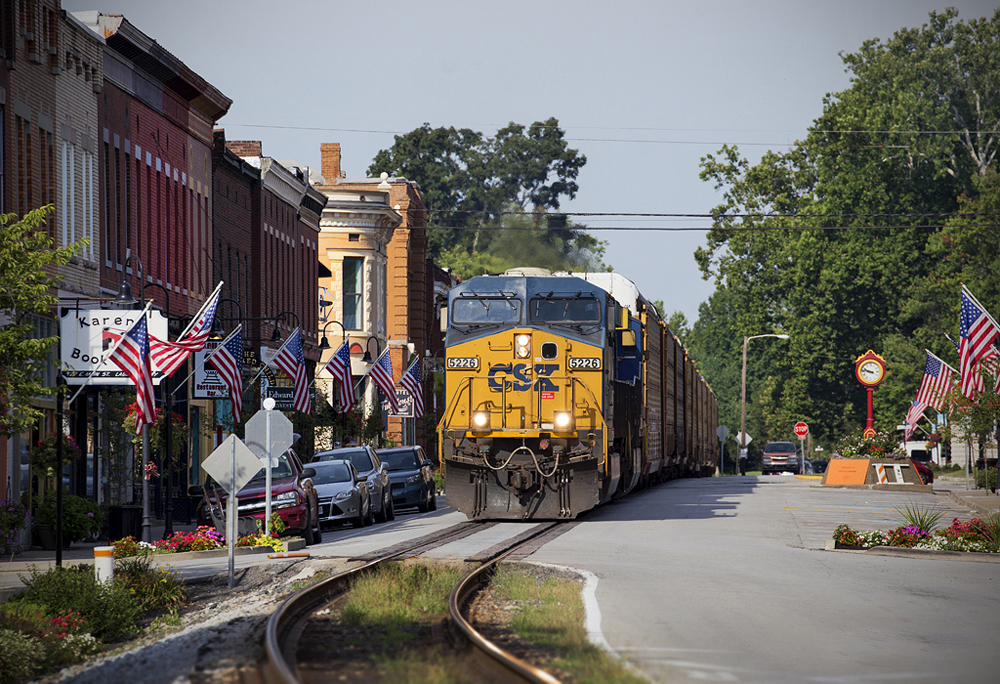AdvancedApproach
Well-known member

Rail merger talk, clues about economy likely to dominate Class I earnings calls - Trains
CSX will lead off the rail industry’s third-quarter earnings season when it reports its financial results on Thursday afternoon. The earnings call will be the first time investors will hear from new CEO Steve Angel, who replaced Joe Hinrichs last month. Wall Street analysts are likely to parse...
